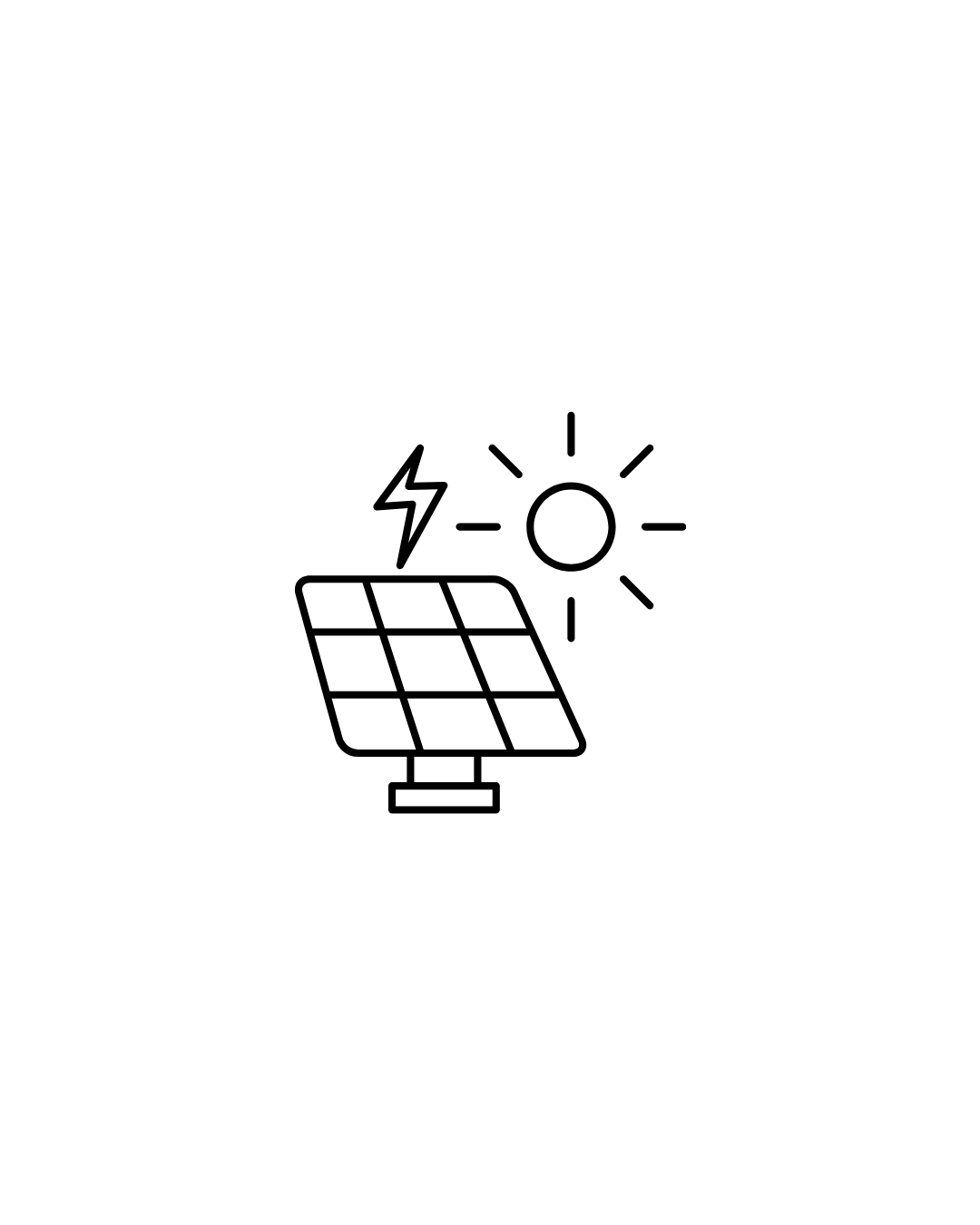Description
An Advanced Diploma in Mechatronics with a specialization in Solar Panel and Photovoltaic Systems is designed to equip students with the skills and knowledge necessary to work in the burgeoning field of renewable energy, particularly focusing on solar technology and mechatronic systems. This interdisciplinary program combines principles of mechanical engineering, electrical engineering, and computer science, with a focus on solar panel systems and photovoltaic technology.
Course Details:
Duration: Typically 1 to 2 years, depending on the institution and the structure of the program.
Eligibility: A high school diploma or equivalent; some institutions may prefer candidates with prior experience or education in engineering or technology.
Mode of Study: Offered in full-time, part-time, or online formats, often incorporating hands-on training with theoretical lectures.
Curriculum:
The curriculum for an Advanced Diploma in Mechatronics with a focus on Solar Panel and Photovoltaic Systems generally includes the following key components:
1. Introduction to Mechatronics
Mechatronics Fundamentals: Overview of mechatronics principles, including mechanical systems, electronics, and control systems.
Systems Integration: Techniques for integrating mechanical, electrical, and software components into cohesive systems.
2. Solar Energy Fundamentals
Principles of Solar Energy: Understanding solar energy basics, types of solar technology, and the benefits of solar power.
Photovoltaic Technology: In-depth study of photovoltaic (PV) cells, their operation, and how they convert sunlight into electricity.
3. Solar Panel Design and Manufacturing
Solar Panel Types: Exploring various types of solar panels (monocrystalline, polycrystalline, thin-film) and their applications.
Manufacturing Processes: Overview of the technologies used in producing solar panels and associated components.
4. System Design and Engineering
Photovoltaic System Design: Techniques for designing and sizing solar energy systems based on energy needs and site conditions.
Electrical System Integration: Integrating PV systems with electrical distribution networks, understanding grid-tied and off-grid systems.
5. Control Systems and Automation
Introduction to Control Systems: Basics of control theory, including feedback loops and controller design for solar applications.
Automation Technologies: Implementing automation in solar installations for monitoring and managing energy output.
6. Energy Storage Solutions
Battery Technologies: Overview of energy storage options, such as lithium-ion and lead-acid batteries, used in conjunction with solar systems.
System Optimization: Methods for optimizing energy usage and reducing costs through effective storage solutions.
7. Installation and Maintenance of Solar Systems
Installation Techniques: Hands-on training in the installation of solar panels and related systems.
Maintenance Best Practices: Understanding the importance of proper maintenance and troubleshooting for optimal system performance.
8. Energy Policy and Sustainability
Renewable Energy Policies: Overview of regulations, incentives, and policies influencing the solar energy industry.
Sustainability Practices: Understanding the environmental impact of solar technology and the role of sustainability in energy production.
9. Project Management in Mechatronics
Project Planning and Implementation: Skills for managing projects related to the design and installation of solar energy systems.
Risk Management: Identifying and managing risks associated with solar projects, including technical, economic, and safety risks.
Assessment:
Assessment methods for this program may include:
Written Examinations: Testing theoretical understanding of mechatronics and photovoltaic principles.
Practical Assignments: Hands-on labs and projects focused on designing and implementing solar energy systems.
Group Projects and Presentations: Collaborating on projects that address real-world challenges in the solar and renewable energy sectors.
Career Opportunities:
Graduates of an Advanced Diploma in Mechatronics with a specialization in Solar Panel and Photovoltaic Systems can pursue various roles, including:
Solar Energy Technician: Installing, maintaining, and troubleshooting solar photovoltaic systems.
Mechatronics Engineer: Designing and developing integrated mechanical and electronic systems for renewable energy applications.
Solar Project Manager: Overseeing solar installation projects, from planning to execution.
System Designer: Designing solar energy systems tailored to specific client needs and site conditions.
Quality Control Specialist: Ensuring the quality and compliance of solar panel manufacturing and installation processes.
This advanced diploma program prepares students for a rewarding career in the renewable energy sector, providing both theoretical understanding and practical experience in one of the fastest-growing fields. If you have further questions or would like more specific information, feel free to ask!









